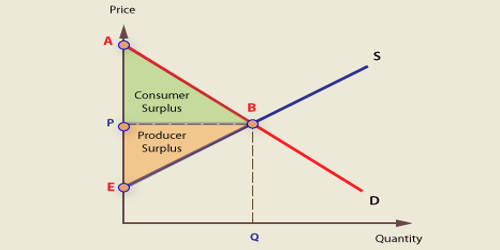Exam Strategy means examination skills. When examination approaches, students begin to plan because 50% chances of success rely on examination skills rather than subject knowledge. A student should check and double-check the examination schedule and he/she should also check what he/she is allowed or not allowed to take in with him the day before the exam. Mapping out a study plan two or three weeks before an exam will allow us to avoid cramming and help to alleviate stress!
Prepare a list of all the topics we will be responsible for on the exam. We may find it helpful to consult our course outline or our lecture notes. Distribute the topics over the study blocks available to us between now and the exam, allowing extra time for difficult topics. Try to save the day before the exam for a general overview. In our day timer or on a blank timetable sheet, mark in the days and times when we intend to cover each of the topics on our list. Check off topics from our list after we have finished reviewing them. This can help to boost our confidence.
Budgeting time and avoiding elaborate answers unnecessary are also part of our exam strategies after getting the questions paper, he/she should read it carefully. It is better to read through the whole question paper before starting to write. It is again useful to spend time at least five minutes each question thinking about and planning answers. At first glance, the questions may seem difficult, but it becomes gradually easier. A student should attempt all the questions to get good marks. It is also useful to underline the keywords in the questions to help the examiner to know what he/she is required to do. He/she should also check back to make sure whether he/she is writing what he/she should write. He/she should always remember that his/her handwriting should be clear and legible. If one follows the exam tips on the exam day, he or she wins his or her chances of success.
















